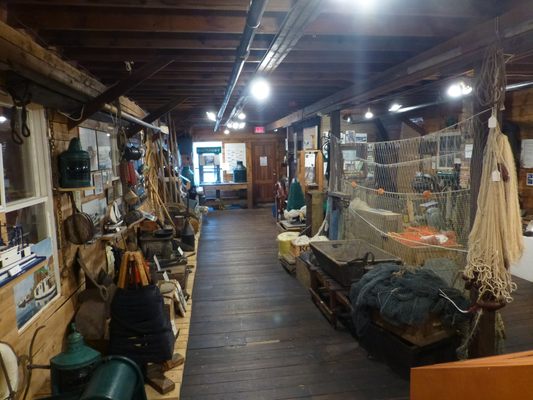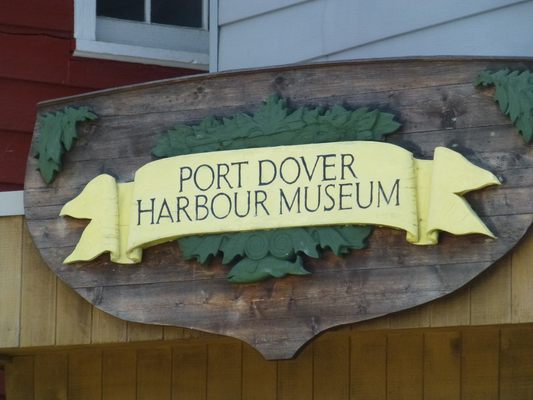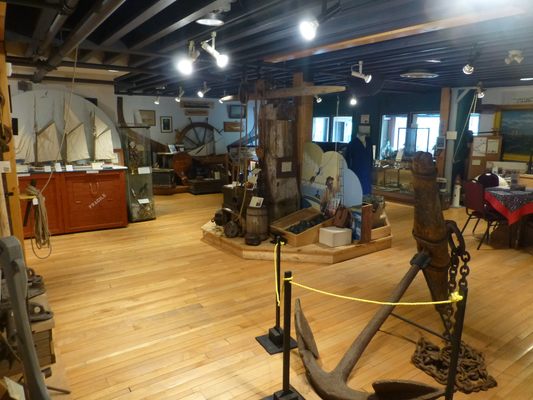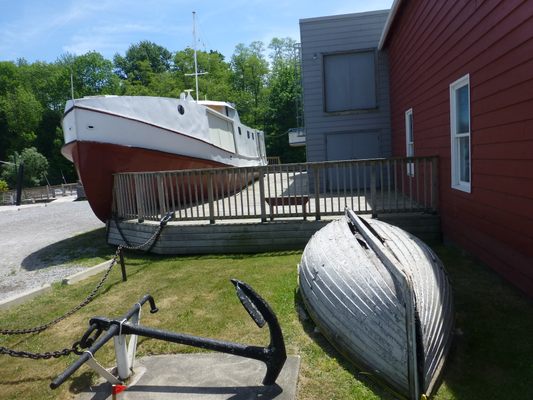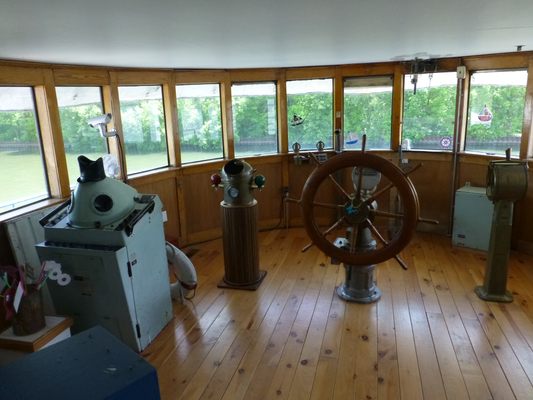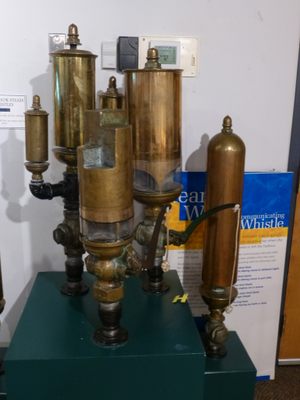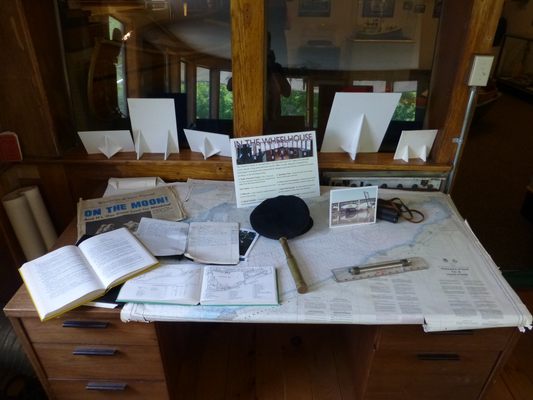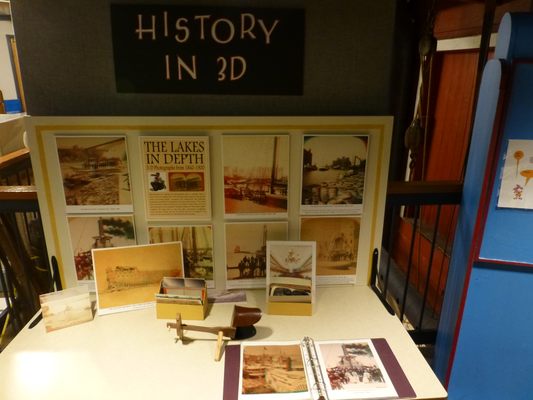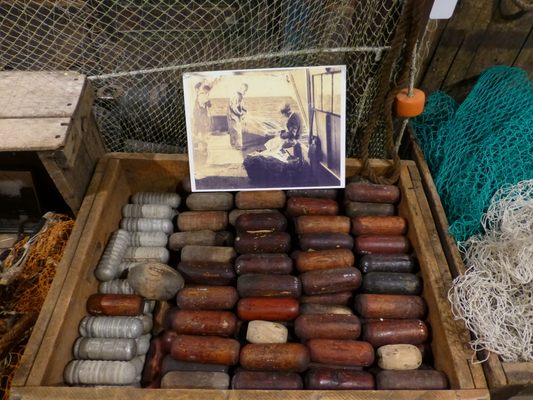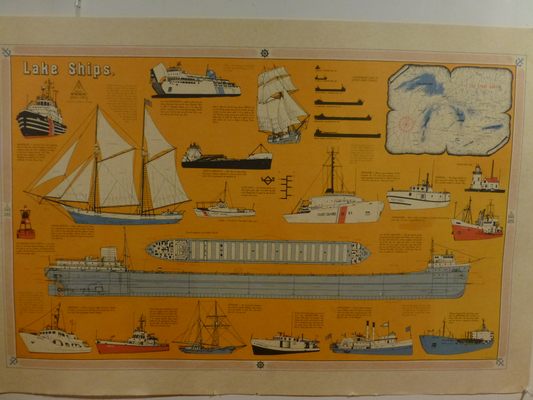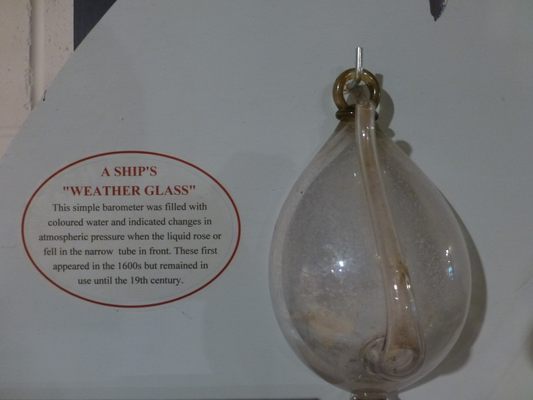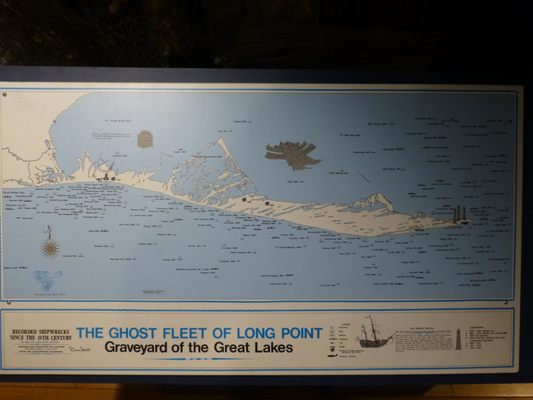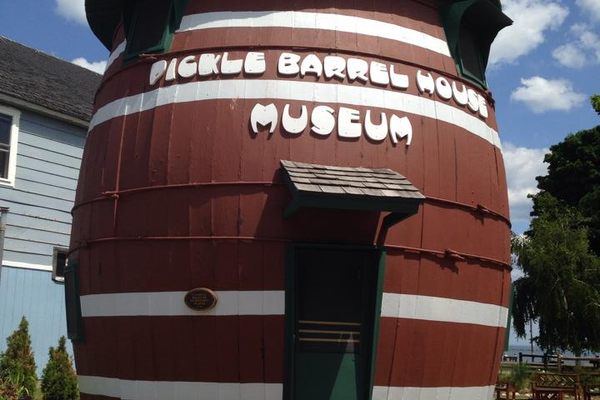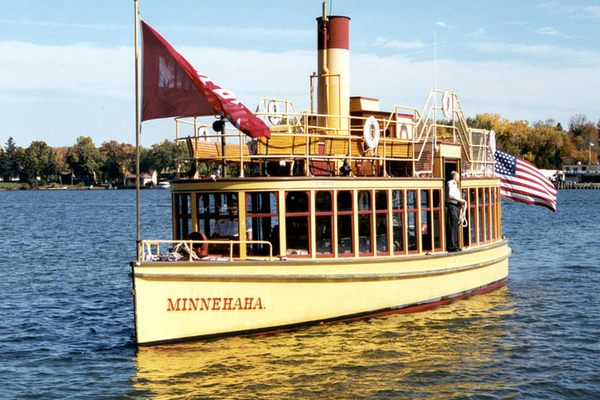About
The perilous Long Point of Lake Erie has claimed countless ships over the generations. Long Point, a long sand bar that juts out from the north shore of the lake, is known for its monstrous waves, extreme currents and riptides. In the 19th century, when thousands of wooden ships and steamers traveled the lake, the unpredictable shallow waters claimed so many vessels the area became known as the "Graveyard of Ships."
Among these wrecks was the grand passenger liner Atlantic, a transatlantic palace steamer that sunk in 1852, taking $36,000 in gold and an estimated 150 to 250 passengers down with it. The steamer now lies, along with thousands of other ships, at the bottom of the Lake Erie. The treasures salvaged from these lost ships are just a small part of the rich history you'll find at the Port Dover Harbour Museum in Southern Ontario.
Today, Port Dover is most notable for its massive gatherings of motorcycle enthusiasts every Friday the 13th. But beyond the modern veneer of hogs and Harleys, the town has been a center of industry on the Great Lakes for over a century — from fishing to luxury passenger lines to rum-running in the Prohibition era.
The Harbour Museum is housed in an original net shanty used by local fishermen working the lake. The tiny museum — inconspicuously located on the edge of downtown, next to the channel connecting boats to Lake Erie — punches way above its weight, packing every free centimeter of floor space with historical dioramas and relics of various Lake Erie industries.
Parts of the museum are dedicated to the history of fishing in the region, with a collection of net-mending displays, local fish varieties and fishing net floats. Other sections display relics that have washed up on the shores of Lake Erie from the countless ships that have sank here over the years, as well as the romantic history of rum running on the Great Lakes. The rampant rum-running operation was big business on Lake Erie, a key hub for illegally transporting liquor from Canada to the US during the America's dry years.
When you visit the museum — and it's well worth the visit — you'll first encounter the preserved 1932 fish-tug "Almidart." You'll find a range of interactive exhibits including shift change bells, a collection of operating steam whistles, and a 3D display of regional photographs. The crème de la crème is a preserved 1912 lake freighter wheelhouse that looks out over the water, with an interactive ship wheel and controls, giving you the feel you're captaining a ship out on the lake.
This tiny gem of a museum in the heart of Southern Ontario will give you a unique insight into the regional history of a booming Great Lake port industry town.
Related Tags
Know Before You Go
The museum is easily accessed by Ontario Hwy. 6 south. It's ~30 minutes from Hamilton, or ~1 hour from Toronto, and makes an excellent stopping point for lunch or a dip in the lake. The surrounding area is replete with beaches and summer excursion activities. Admission is by donation.
Community Contributors
Added By
Published
June 6, 2016
